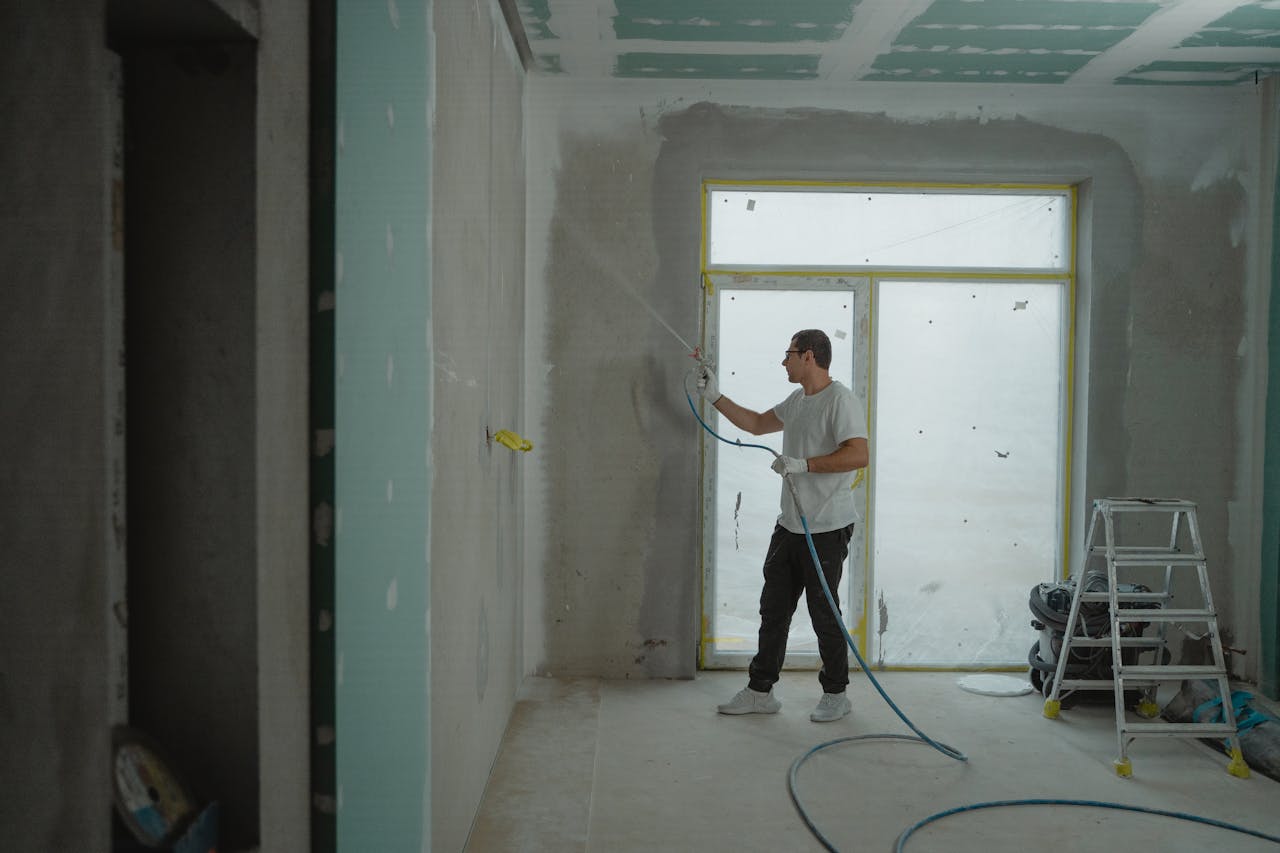
Homeowners often take pride in fixing things around the house, and many save money by handling repairs themselves. But when it comes time to sell, a big question arises: are you legally required to report certain DIY repairs when selling your home? This matters because buyers want to know what they’re getting, and sellers want to avoid legal trouble down the road. Rules vary, and not every repair needs to be disclosed. However, there are situations where failing to mention DIY work can land you in hot water. Understanding what you need to report can help you protect yourself and ensure a smooth sale.
1. Understanding Disclosure Laws
Every state has its own rules about what sellers must disclose to buyers. Most require you to share any known material defects, including those from DIY repairs. The primary SEO keyword, “legally required to report,” comes into play here—if a repair impacts the safety, structure, or value of the home, you’re usually obligated to disclose it. For example, if you fixed a leaky roof yourself and it still has problems, that’s something a buyer needs to know.
Some states use standard disclosure forms that ask specific questions about repairs and alterations. Even if your work was high quality, you may be legally required to report certain DIY repairs when selling, especially if they involved electrical, plumbing, or structural components. Failing to disclose can lead to lawsuits or the deal falling through.
2. Material Defects and Safety Issues
What counts as a “material defect”? It’s any problem that could affect the home’s value or pose a safety risk. If your DIY repairs addressed issues like mold, faulty wiring, or foundation cracks, you’re likely legally required to report those. Safety-related repairs are especially important. Buyers want to know if the home had—and still might have—serious issues.
Even if you fixed a problem, if it was significant or could recur, you should err on the side of disclosure. This protects you from claims that you hid information. Many states make it mandatory to report problems with things like smoke alarms, carbon monoxide detectors, and lead paint—whether you fixed them yourself or not.
3. Permits and Code Compliance
Some repairs require permits or inspections from your local government. If you did DIY work without the proper permits, you could be legally required to report this when selling. Buyers—and their lenders—often want proof that all work complies with local building codes.
If you finished a basement, added a bathroom, or rewired part of the house, those are big projects that likely needed permits. Even if you did everything right, not having the paperwork can create headaches. You should be honest about any unpermitted work, as failing to disclose could cause the sale to collapse or result in legal action later.
4. Minor DIY Repairs: What’s Exempt?
Not every little fix needs to be reported. If you patched a wall or replaced a faucet, you’re usually not legally required to report those kinds of DIY repairs when selling. The line is drawn at repairs that impact safety, function, or value. Cosmetic fixes like painting or small hardware changes aren’t typically considered material defects.
If you’re unsure, think about whether the repair would matter to you if you were buying the home. If the answer is yes, it’s wise to mention it. Transparency builds trust and can speed up the sales process.
5. The Role of Home Inspections
Most buyers will hire a home inspector before closing. Inspectors can spot signs of past repairs, even if you did them yourself. If you didn’t mention a DIY fix and the inspector finds it, this could create mistrust or prompt renegotiation. In some cases, it might even stop the sale.
Being upfront about your DIY work—especially anything that could show up in an inspection—can save you headaches later. It’s better to be honest from the start than to scramble to explain after the fact. Plus, disclosing repairs shows buyers you cared for your home, which can be a selling point.
6. Legal and Financial Consequences
If you’re legally required to report certain DIY repairs when selling and fail to do so, the consequences can be serious. Buyers may sue for damages if they find undisclosed problems after moving in. In some cases, courts have forced sellers to pay for repairs or even undo the sale.
Some states have harsh penalties for failing to disclose, especially if the omission involves health or safety. It’s also possible that your homeowner’s insurance won’t cover future claims related to undisclosed repairs. To avoid these risks, talk to your real estate agent or a lawyer if you’re unsure what you need to report.
Practical Steps Before Listing Your Home
Before putting your home on the market, make a list of all DIY repairs you’ve done, big and small. Review your state’s disclosure requirements to see what you’re legally required to report. If you handled any repairs that could affect safety or value, disclose them up front. Gather documents, receipts, and permit records if you have them. Being organized and transparent can help you avoid last-minute surprises and build trust with buyers.
Have you ever had to disclose a DIY repair when selling your home? What was your experience? Let us know in the comments below!
What to Read Next…
- 9 DIY Mistakes That Cost More Than Just The Repairs
- 6 DIY Projects That Could Get You Sued
- The Little Known Code Loophole That Could Void Your Entire Home Sale
- 6 “Small” Repairs That Destroy Your Home’s Resale Value
- 8 Garage Upgrades That Lower Resale Value in Some States
The post Are You Legally Required to Report Certain DIY Repairs When Selling? appeared first on Clever Dude Personal Finance & Money.







